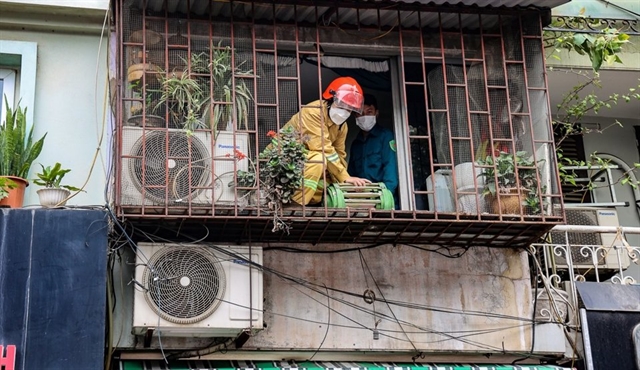 |
| A firefighter cut open a tiger cage to make a secondary escape route for a family in Hà Nội. — Photo hanoionline.vn |
HÀ NỘI — The fire at an apartment building on Định Công Hạ Street in Hà Nội that killed four people last month has once again raised concerns about the safety of so-called 'tiger cages' (chuồng cọp).
Tiger cages refer to the metal bars or grills installed around balconies, windows and other openings in buildings, particularly in older apartment blocks.
People often install these structures to expand their living space or for security purposes. However, they can pose significant fire safety hazards by trapping people and hindering the work of firefighters in the event of a fire.
A glance at neighborhoods with a high concentration of old apartment blocks, such as those in Thanh Xuân Bắc, Trung Tự, and Thành Công Wards, reveals a crisscross of tiger cages on every building.
Đoàn Văn Mão purchased a 30-square-metre apartment in Thành Công in 1992. As his children grew older, the living space became cramped, prompting him to build a tiger cage to expand the area to 45 sqm.
Mão said his neighbours had to make similar expansions for the same reason, creating a network of enclosed cages in the apartment block.
Despite their illegality and the repeated warnings spurred by fire incidents, these structures remain stubbornly in place, creating a labyrinth of obstructed escape routes.
The dangers of tiger cages are particularly acute in apartment blocks with a single staircase serving as the primary escape route. When a fire erupts, smoke and flames can quickly block this passageway, leaving residents trapped on their floors.
The enclosed nature of tiger cages further hinders escape efforts, as firefighters struggle to cut through the sturdy metal bars, wasting precious time that could be used to rescue trapped individuals.
With approximately 1,600 old apartment blocks equipped with tiger cages across the city, Hà Nội authorities have campaigned for residents to dismantle these structures to create secondary escape routes in case of fire.
However, the campaigns had mixed results. While some people heeded the call, others turned a deaf ear to it. For instance, in Trung Tự, about half of the families in apartment blocks D8 and C5 had their tiger cages cut open for secondary escape routes.
The situation is better in Thanh Xuân Bắc where 90 per cent of families were on board whereas the remaining sit tight for various reasons, including absent homeowners and structural limitations.
"We will continue our efforts to persuade them to create secondary escape routes, except for those whose apartment designs preclude the creation of such routes," said Hoàng Thị Dung, Acting Chairwoman of Thanh Xuân Bắc People's Committee.
Vũ Ngọc Anh, Director of the Science, Technology and Environment Department under the Ministry of Construction, emphasised the need for stricter enforcement of fire safety standards across all housing types, not just large buildings and factories.
According to the director, while the Ministry has issued Circular No. 06/2022/TT-BXD, which outlines fire safety rules for buildings, people tend to cut corners on it when constructing individual houses.
A survey by the Ministry revealed that most individual houses have balconies, loggias and access to the roof sealed off with solid structures, creating limited or no escape routes.
The director also revealed that the Ministry was drafting a set of national standards for individual houses, aiming to incorporate fire safety considerations into design and construction practices.
However, he was concerned that the new rules would not carry much weight with homeowners if they were only recommendations and voluntary.
"It needs to be elevated to the status of a mandatory set of standards to improve the situation," said Anh.
In a meeting on July 2, Hà Nội authorities approved the Scheme to Enhance Fire Prevention and Fightfighting Capacity in the City by 2025, setting the target of 100 per cent of apartments in the city having secondary escape routes. — VNS







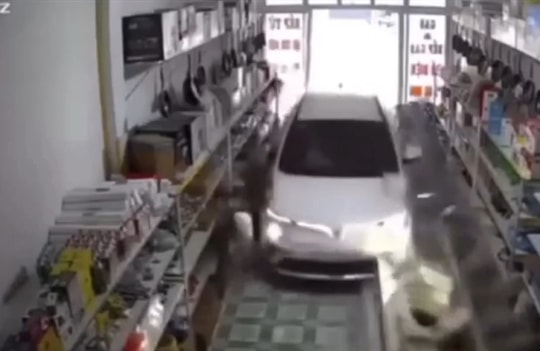

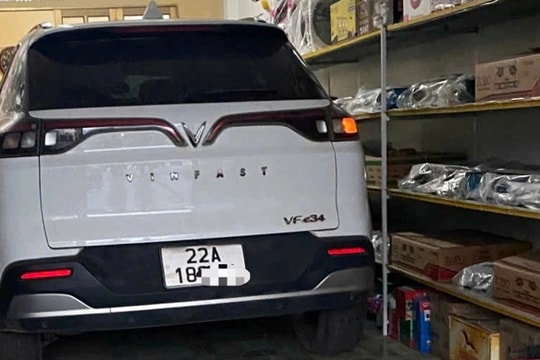
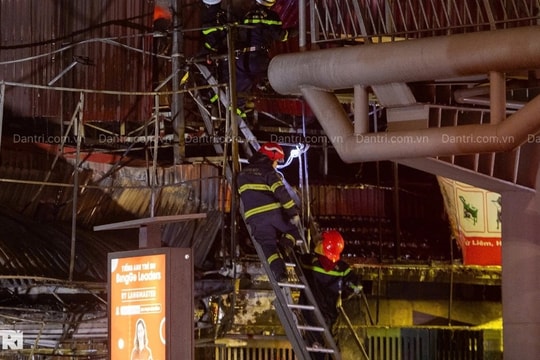




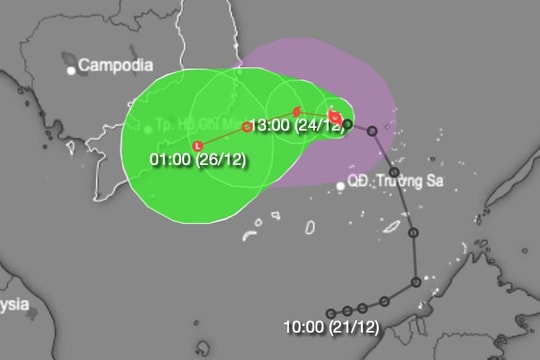


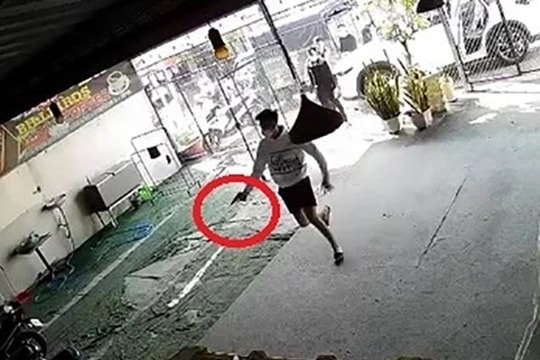
.png)




